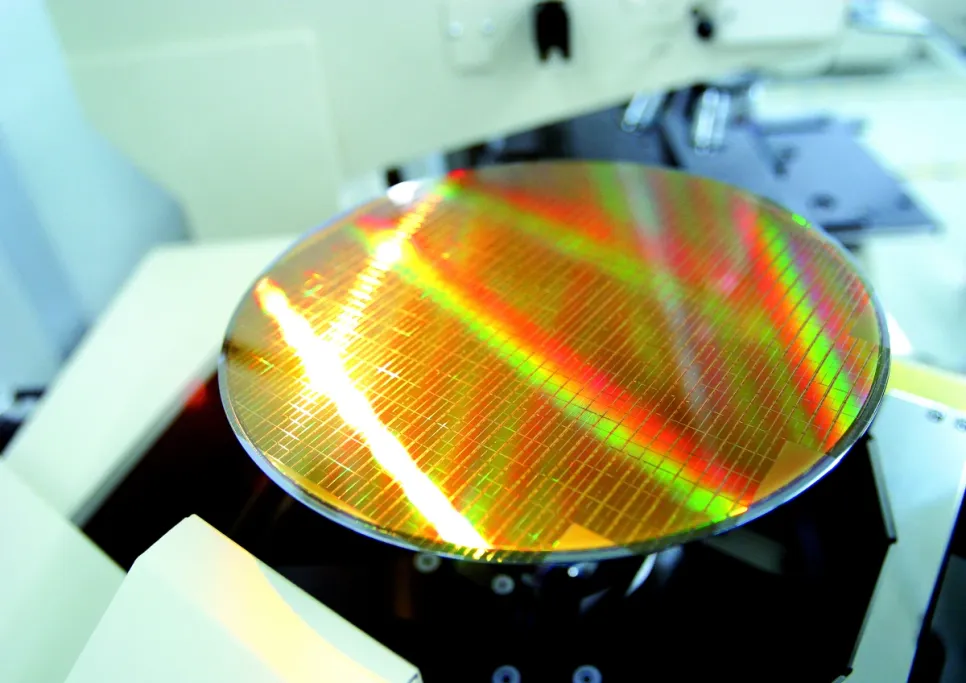CES 2026: Qualcomm Bolsters IoT, Automotive, and Robotics Solutions
Qualcomm unveiled several product updates alongside the launches of new products ahead of the official opening of CES 2026.

Japanese startup chipmaker Rapidus started prototyping a 2nm gate-all-around (GAA) transistor at its brand-new fabrication facility. The company said its prototype 2nm GAA transistors had begun to obtain electrical characteristics, a term referring to conductivity, resistance, voltage, power, and frequency.
The achievement leaves the company on track to commence mass production in 2027. It aims to release a compatible process development kit to some customers at the beginning of 2026 to enable them to begin their own prototyping processes.
Rapidus credited its recently completed IIM-1 foundry for the 2nm transistor breakthrough. It broke ground on the facility in September 2023, finished building a clean room in 2024, and connected more than 200 of the world’s most advanced pieces of semiconductor equipment last month.
The company believes IIM-1 is a significant advancement on traditional foundry models, one that reimagines how semiconductor factories should think, learn, adapt, and optimise processes in real time. Rapidus employs technologies including fully single-wafer front-end processing and extreme Ultraviolet lithography, stating it is among the frontrunners in each field.